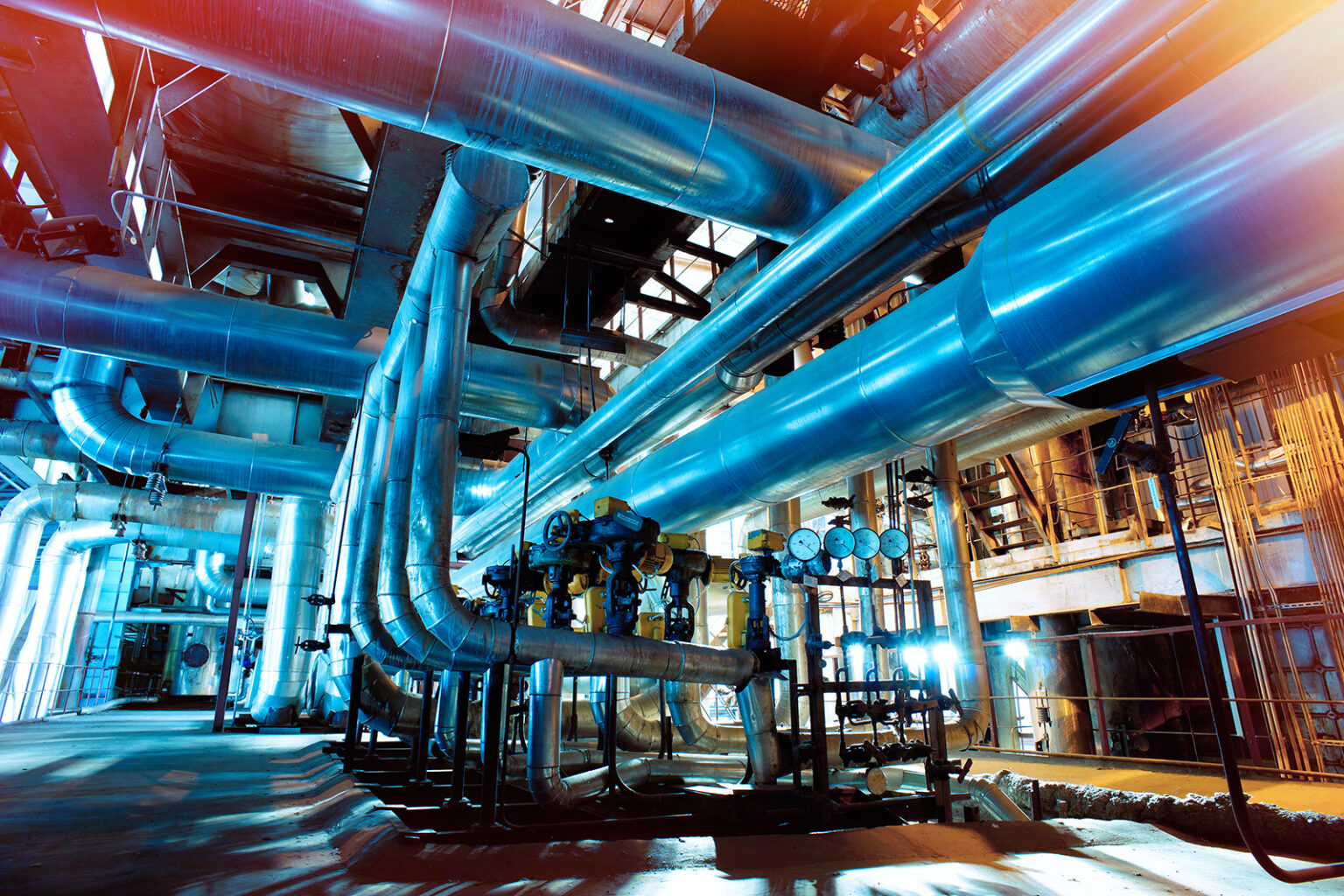Re:Build Optimation Technology provides expert design and engineering consulting services to optimize our clients’ processes and address their complex equipment issues. We will work closely with you from concept through implementation to thoroughly understand your needs and turn your designs into reality. As part of our capabilities, we offer quality piping design services to ensure safe and efficient facilities for our customers.
Piping design is the foundation for every aspect of material flow inside and outside a plant. Having the proper piping design is critical in ensuring that operations flow smoothly, efficiently, and safely. Designing the ideal piping layout means considering aspects such as pipe material, application requirements, and much more. At Re:Build Optimation, we have experience in piping layout and design for a wide range of industries and can work with you to determine the best possible solution.

A primary consideration in piping design is the piping type and material. Selecting the best piping type and material can impact how long the piping will last, how well it can handle the fluid being transported, and, ultimately, how successful your plant operations will be.
Pipes are generally classified into two categories: metallic pipes and non-metallic pipes.
Metallic pipes can be further subcategorized into either ferrous or non-ferrous pipes. Ferrous pipes are typically heavier and stronger, featuring iron as the primary element. Common materials used for ferrous pipes include carbon steel, stainless steel, cast iron, alloy steel, and galvanized steel. This category of piping is well-suited for applications exposed to higher temperatures and pressures, such as those found in refineries, power plants, chemical processing facilities, and more.
For non-ferrous piping, iron is not the main element, meaning this type of piping is more lightweight and features improved corrosion resistance. Non-ferrous piping is commonly made from materials such as aluminum, copper, nickel, and titanium. Their resistance to rust and corrosion makes non-ferrous materials a popular choice for process piping in numerous industries.
Non-metallic pipes are typically used for applications where the temperature is not significant, such as drainage systems and water industries. Non-metallic pipes can be made from a variety of materials, including HDPE, PVC, PP, ABS, composites, cement, reinforced thermoplastics, and more. The primary advantage of non-metallic pipes is their durability and corrosion resistance. While metallic pipes are typically designed for approximately 25 years of service, non-metallic pipes, such as those made from composites and reinforced plastic, can last up to 50 years.
Piping design is critical to various industries, including:
At Re:Build Optimation, we offer piping design as part of our process design and engineering, mechanical design and engineering, chemical engineering, and instrumentation and electrical design and engineering services. Our specific piping design capabilities include:
We have a broad range of expertise in various industries, including chemical, energy, pharmaceuticals, and more. Through this knowledge, we can work with our clients to create the ideal piping design that will improve efficiency and safety while adhering to all necessary codes and regulations.
Proper piping design is integral to various industries and applications. It’s important to consider everything from the piping material and layout to joining techniques, applicable codes, and more. Re:Build Optimation Technology offers custom piping design solutions to meet your unique challenges and needs. We stay up-to-date on emerging and cutting-edge technologies to help our clients stay at the forefront of the industry, and prioritize sustainability and environmental considerations in all of our solutions.
For more information about our piping design capabilities, contact us today.
Looking to connect with an experienced team?
Look no further than Re:Build Optimation! We are excited to connect with you.